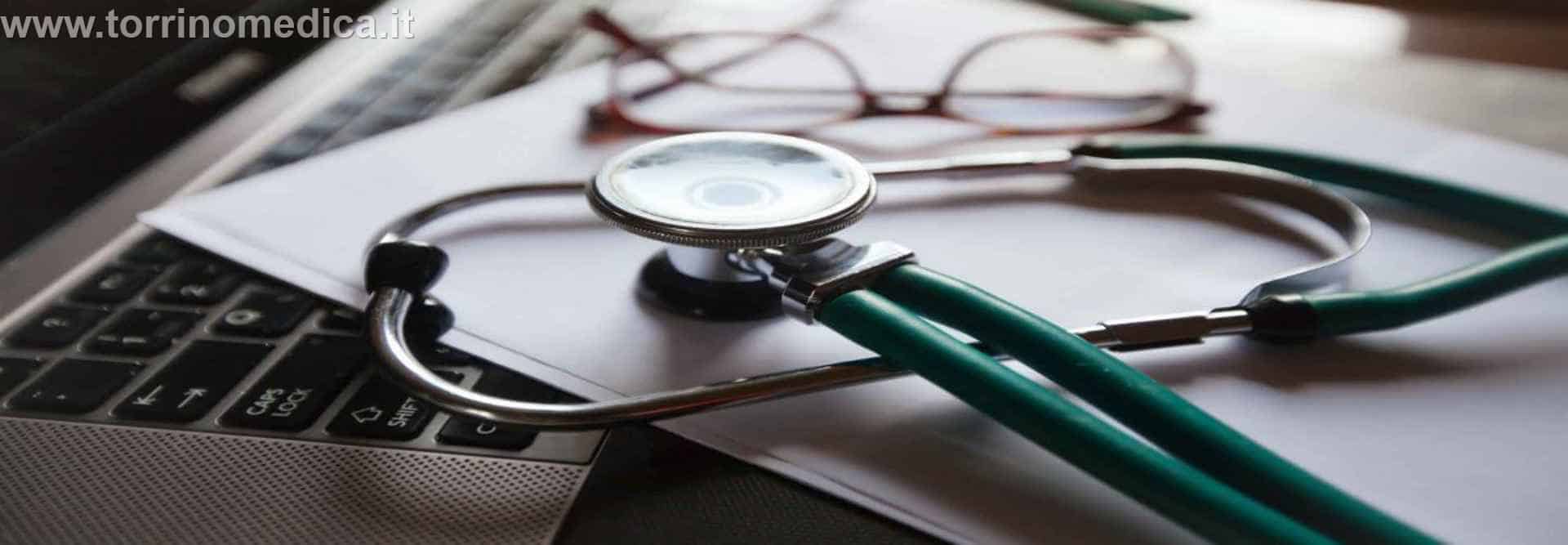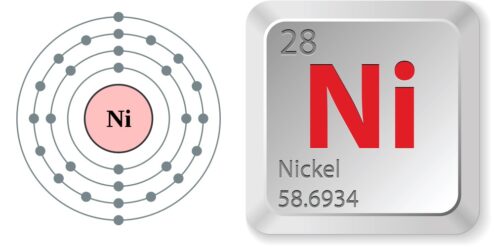Introduzione: Nickel is a trace mineral that plays a crucial role in the human body’s metabolic processes. Despite its importance, the topic of nickel’s role in human health is often overlooked. This article aims to shed light on the importance of nickel, its daily requirements, the consequences of its deficiency, sources of intake, potential risks of excessive consumption, and the balanced approach to nutrition.
Understanding the Role of Nickel in the Human Body
Nickel, a trace mineral, is essential for the proper functioning of the human body. It plays a vital role in a variety of biological processes, including the activation of certain enzymes, the metabolism of various nutrients, and the production of certain hormones. Furthermore, nickel contributes to the structure and function of proteins and DNA. Despite its importance, the body only needs a small amount of nickel to maintain these processes. However, the body cannot produce nickel on its own, making dietary intake necessary.
Assessing the Daily Requirement of Nickel for Optimal Health
The daily requirement of nickel for optimal health is not well-defined due to the lack of extensive research in this area. However, it is generally agreed that adults need approximately 0.3 to 0.6 micrograms of nickel per kilogram of body weight per day. This requirement can vary depending on factors such as age, sex, and overall health status. It is important to note that while a certain amount of nickel is necessary for health, excessive intake can lead to toxicity.
The Consequences of Nickel Deficiency in the Body
Nickel deficiency in the body can lead to several health issues. These include skin disorders, decreased growth rate, liver damage, and changes in the distribution and function of other essential elements in the body, such as calcium and zinc. Furthermore, nickel deficiency can impair the body’s ability to absorb and utilize other nutrients, leading to further health complications. However, nickel deficiency is rare due to the widespread presence of nickel in various food sources.
Dietary Sources: How to Ensure Adequate Nickel Intake
Nickel is present in a variety of foods, making it relatively easy to ensure adequate intake. Some of the richest sources of nickel include legumes, whole grains, nuts, and chocolate. Other sources include certain fruits and vegetables, fish, and meat. It is also present in drinking water. To ensure adequate nickel intake, it is recommended to consume a balanced diet that includes a variety of these food sources.
The Potential Risks of Excessive Nickel Consumption
While nickel is necessary for health, excessive consumption can lead to nickel toxicity. This can result in a variety of symptoms, including nausea, vomiting, diarrhea, and in severe cases, kidney and lung damage. Furthermore, long-term exposure to high levels of nickel can increase the risk of certain types of cancer. Therefore, it is important to monitor nickel intake and avoid consuming excessive amounts.
Nickel and Health: A Balanced Approach to Nutrition
In conclusion, nickel plays a crucial role in the human body, and it is important to ensure adequate intake. However, it is equally important to avoid excessive consumption to prevent toxicity. A balanced approach to nutrition, which includes a variety of nutrient-rich foods, can help to ensure the right balance of nickel and other essential nutrients in the body.
Conclusioni: Nickel is an essential trace mineral that plays a crucial role in the human body’s metabolic processes. While the body requires only a small amount of nickel, it is important to ensure adequate intake to support health. On the other hand, excessive intake can lead to toxicity, highlighting the importance of a balanced approach to nutrition.
Per approfondire:
- National Institutes of Health: Nickel: This page provides a comprehensive overview of nickel, including its role in the body, dietary sources, and potential health risks.
- World Health Organization: Nickel in Drinking-water: This document provides information on the presence of nickel in drinking water and its potential health effects.
- Agency for Toxic Substances and Disease Registry: Nickel: This page provides detailed information on nickel toxicity, including symptoms and treatment.
- American Journal of Clinical Nutrition: Nickel in the Human Diet: This scientific article discusses the presence of nickel in various foods and its importance in human nutrition.
- Environmental Health Perspectives: Nickel Essentiality, Toxicity, and Carcinogenicity: This scientific article provides an in-depth discussion on the essentiality of nickel, its toxicity, and its potential role in carcinogenesis.


